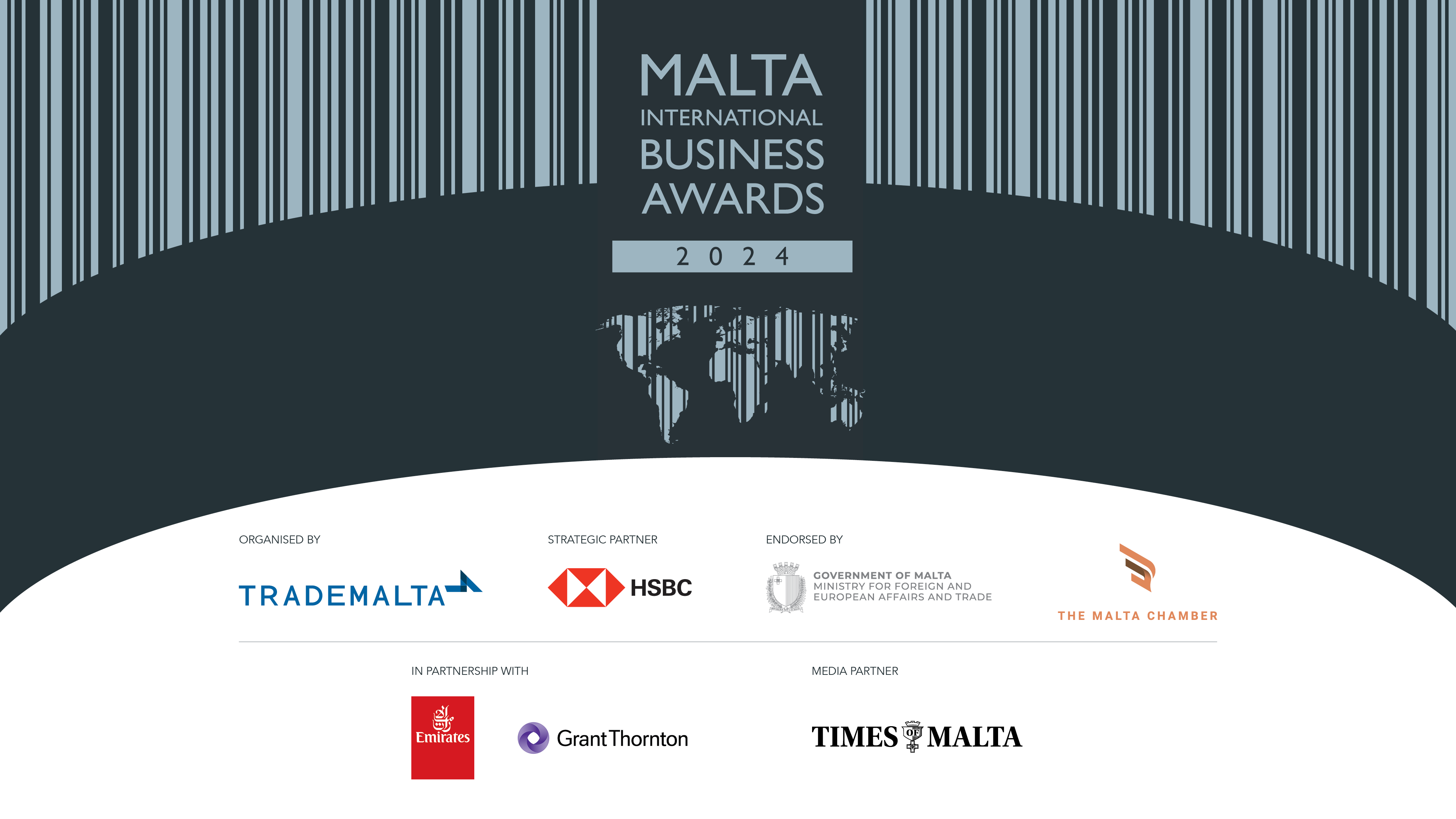

Yesterday (14 July), the European Commission published the Fit-for 55 package, the legislative tool to deliver on the European Green Deal, and more specifically to meet the objective of reducing greenhouse gas emissions by 55% by 2030. The package includes several legislative proposals, some of which are new, such as the Carbon Border Adjustment Mechanism, and others revising existing legislations, such as the Energy Efficiency and Renewable Energy Directives, the Energy Tax Directive, and the Emissions Trading Scheme.
These legislations will surely impact businesses and consumers, whether directly or indirectly. It is accepted that the status quo is not sustainable. The MBB consistently said that the question is not if we should meet ambitious climate targets, but how to achieve this without undermining the competitiveness of business, particularly SMEs, and those operating in the periphery of the EU. One also needs to ensure that EU measures are done in line with international rules to avoid retaliation by other global competitors that would interpret EU unilateral measures as discriminatory towards them.
MBB President Alison Mizzi welcomed the Fit-for 55 package, stating that “This is the EU’s commitment to lead the global fight against climate change. However, it is equally important that Europe leads the way while ensuring that it does not do this on its own. We need to ensure a collective effort to avoid unfair competition and the risk of carbon leakage.”
Ms. Mizzi also emphasized that “This regulatory package needs to enable other frameworks adopted by the EU to support the transition towards a green and digital economy. EU Funding Instruments, including Cohesion Policy and the Recovery and Resilience Fund are important funding tools providing the enabling conditions for business to undertake investment contributing towards a Greener Europe. The path towards a Greener Europe is expected to contribute towards new investments and the creation of new green jobs.”
The MBB however cautioned that the Fit-for 55 package, or certain elements of it, should not undermine individual member states and specific sectors that are strategic to the economy. For instance, while incentivizing clean energy for the transport sector is a good policy approach, the impact of taxing kerosene for aviation and maritime sectors over the next decade needs to be studied in detail to quantify the impact in the context of the current economic scenario as well as the impact on peripheral countries such as Malta and other island states or regions that are entirely dependent on these two sectors for the export and import of all cargo as well as tourism activity.
The MBB will be analysing this EU legislative package and discuss with the Maltese business community the challenges and opportunities it brings.
...
...


...

...
